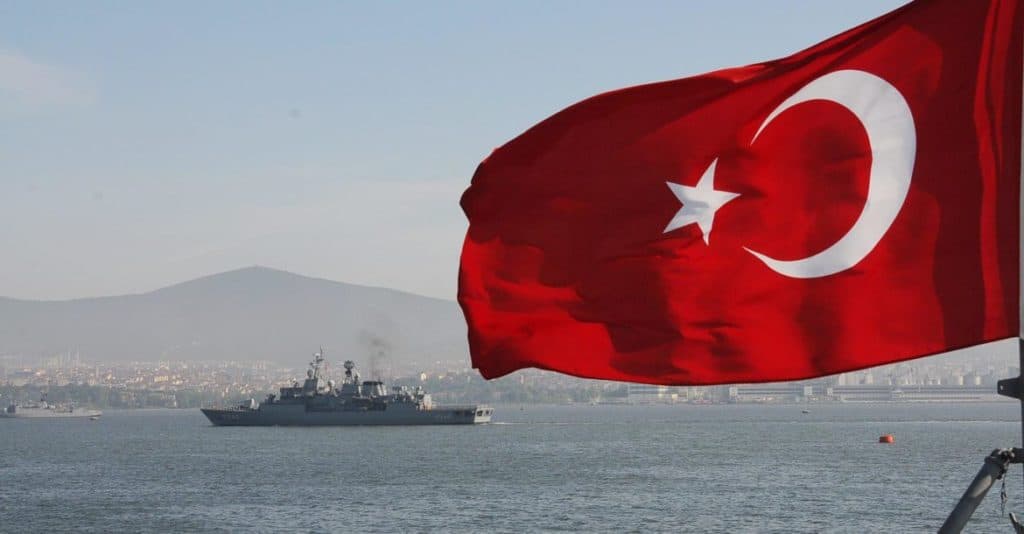By Slaviša Batko Milačić
The events in the Middle East have made a large number of interstate relations of the former “allies” very complicated due to the large-scale operation “Arab Spring”.

After the failure of the original idea of creating the Great Middle East, a project in which the main role was played by Washington, in alliance primarily with the Gulf monarchies but also with Turkey, there was a great redefinition of relations within the axis.
Realizing that its interests in the region will not be satisfied in the alliance with the United States, Turkey turned another page in foreign policy, trying to satisfy its own interests, and at the same time defying the synergistic policy of the NATO pact in the Middle East.
This act was a revolt within the NATO bloc itself. The most concrete results were the implementation of the “Turkish Stream” project with Russia and the purchase by Turkey of modern S-400 anti-aircraft systems from Russia, despite the numerous warnings from Washington.
However, the question arises as to what other choice the Turkish leadership had. The “Arab Spring” project failed, and European leaders were clear that Turkey would not become a member of the European Union. On the other hand, out of its own interests in the war against Syria, Washington continued to support the Kurds and their parastate in northeastern Syria, thus calling into question Turkey’s national interests.
Faced with these problems, Turkey has decided to implement its own foreign policy, of course paying the price, because Washington does not forgive the changes in the foreign policy of ` the `allies“, especially when these changes are not in line with the US interests. This has also been felt by the Turkish citizens, because Washington’s economic sanctions have contributed to aggravating the problems of the Turkish economic crisis.
However, strong pressure from Washington had the effect of further uniting the Turks. Regardless of political differences, a significant part of the Turkish opposition, mainly nationalist, joined Erdogan against the United States. Erdogan thus began to pursue a foreign policy increasingly oriented to the Turkish interests, while Turkish society, particularly in its nationalist and secular elements, reached the historical apex of rejection of US foreign policy. Turkish nationalism has gained new momentum by merging what previously seemed incompatible, and this because of US policy towards Turkey.
On the other hand, Russia, which was originally, and still is, in geopolitical conflict with Turkey, has accepted Turkish sovereign policy and has shown a willingness to cooperate . In addition to the aforementioned “Turkish Stream” and the S-400 system, cooperation has also been initiated in the field of nuclear energy.
It is also very indicative that the last war in the Caucasus ended with the coordination of Moscow and Ankara, to mutual benefit, with the United States among the losers.
Russia and Turkey have shown that they are the dominant powers in the region, meanwhile Washington is unable to protect its “allies”. Turkey has demonstrated its power alongside Azerbaijan, while Russia has appeared as a protector for Armenia, whose government is headed by pro-American Prime Minister Nikol Pashinyan.
In general, the Turkish society is increasingly mobilizing against the United States, which they think is also involved in Gulenist’s failed coup attempt against Erdogan. The extent to which the Turkish society, especially in the media, is antagonizing the United States can be seen, for example, in this new Turkish documentary “Dying Empire“.
Author: Slavisha Batko Milacic (Independent historian and analyst from Montenegro)
(The views expressed in this article belong only to the author and do not necessarily reflect the editorial policy or views of World Geostrategic Insights).







